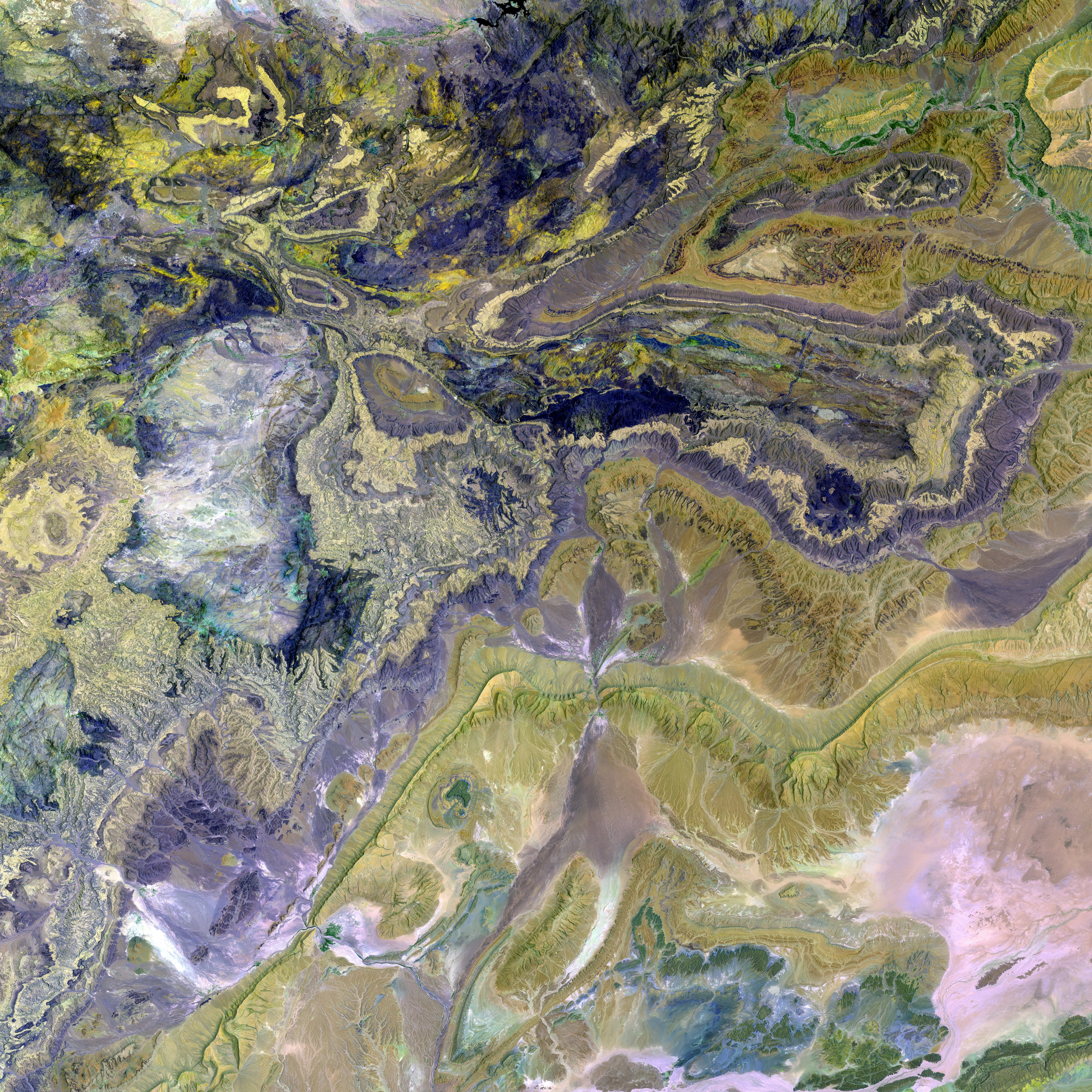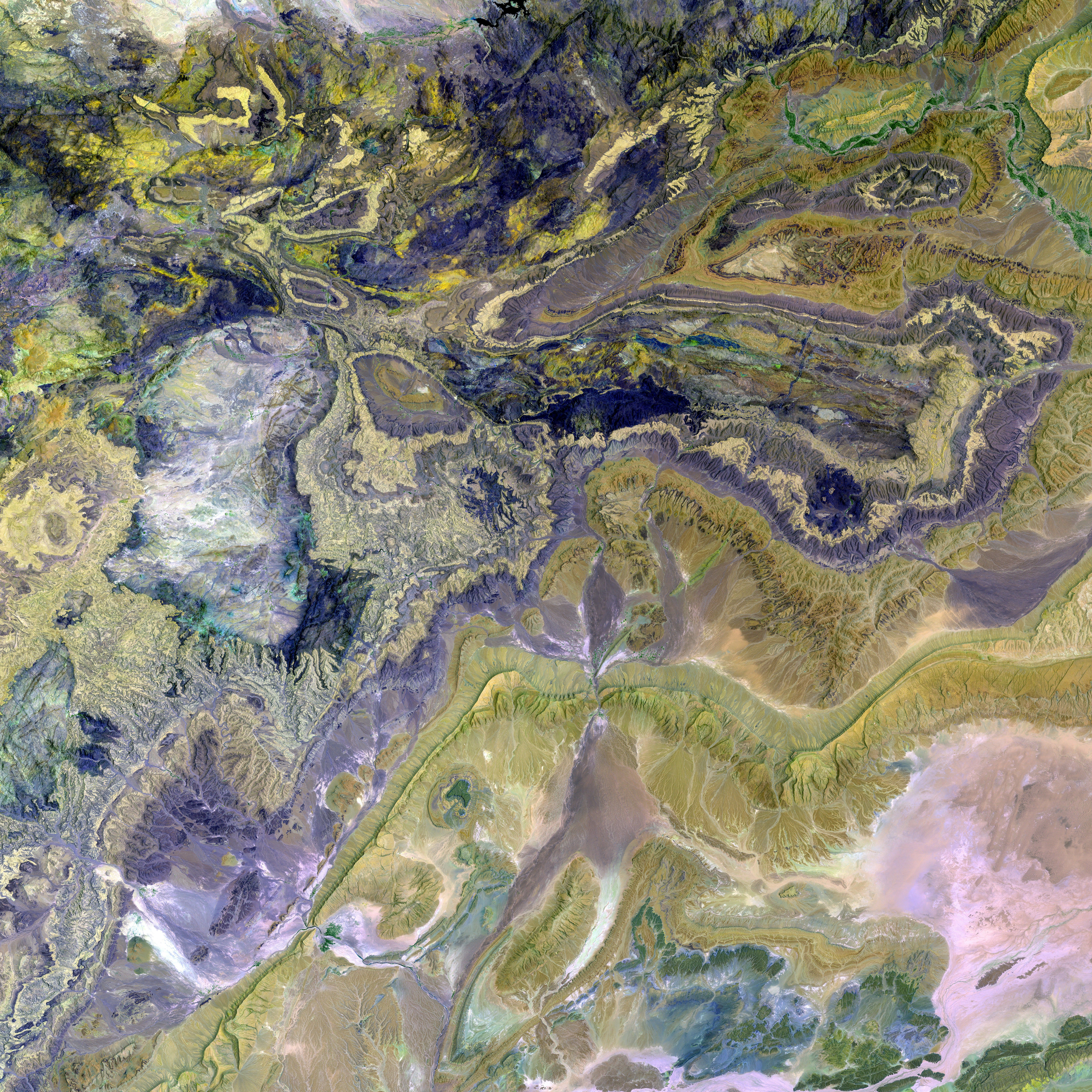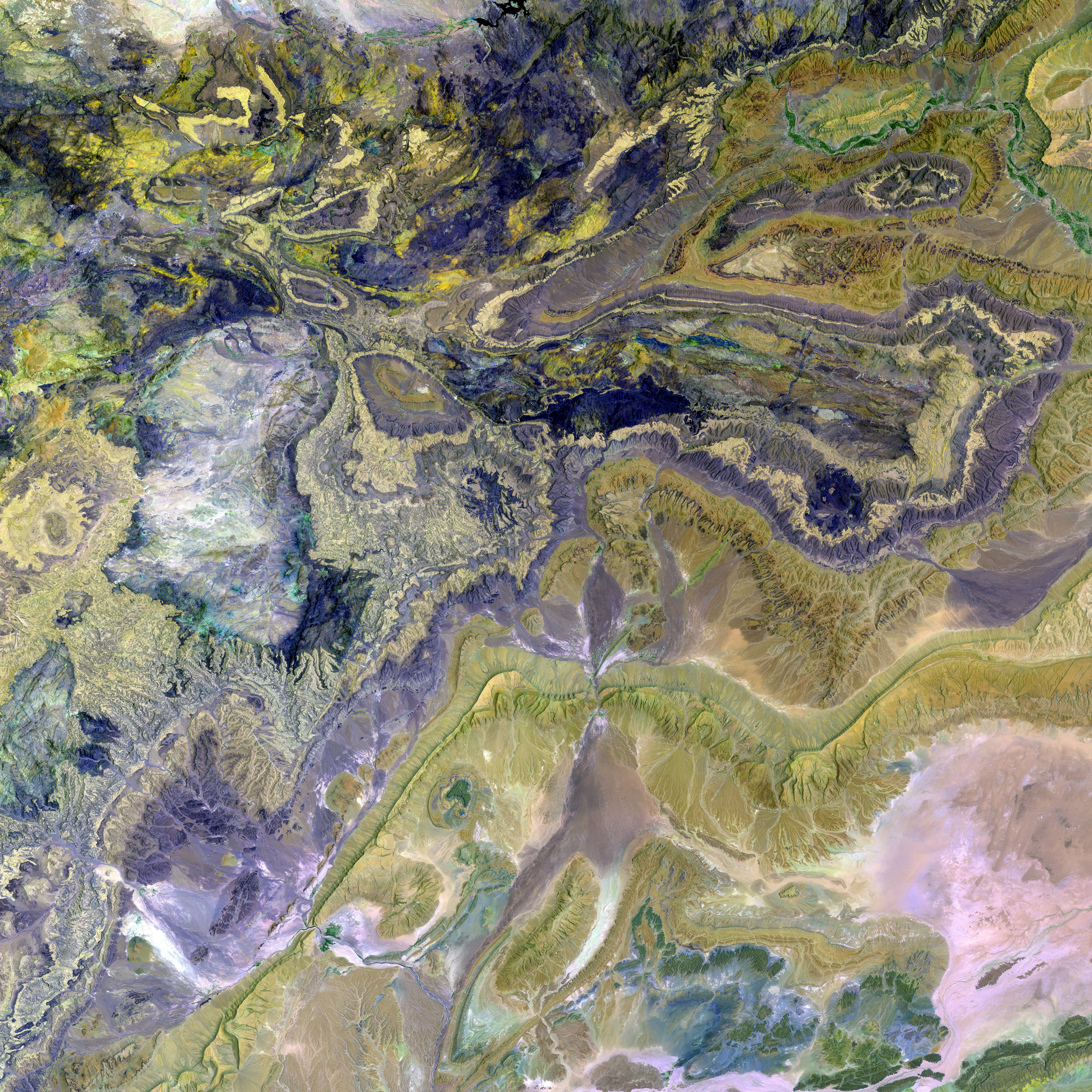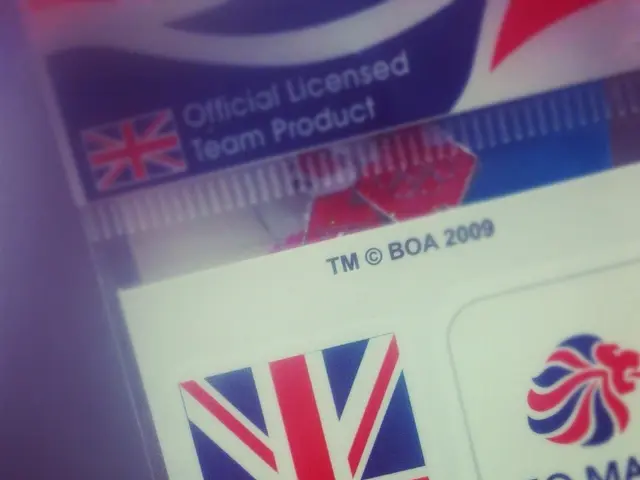Eyeing the Future: Sam Altman's World ID Project Wades Through Controversy
Iris-recognition technology, spearheaded by Sam Altman, rolls out in the US, igniting debates on privacy and concerns over growing global control.
In the world of tech czars, Sam Altman, co-founder and CEO of OpenAI, has made a name for himself with projects like ChatGPT, sparking debates about deepfakes, misinformation, and job displacement. Now, he's taking a step back from AI-driven machines and delving headfirst into verifying the humans still using them.
Sam Altman's biometric identity project - World, previously known as Worldcoin - recently made its U.S. debut, magnetizing a blend of sci-fi ambition and mounting global apprehension. The technology verifies individuals by scanning their irises in exchange for a slice of cryptocurrency and a digital ID called World ID.
The launch event, held in San Francisco, unveiled a sleeker version of the company's iconic imaging device known as the Orb. This silver sphere captures iris patterns to prove a person is human. Altman framed the launch as a vital measure towards trust in an AI-driven future, stating, "As AI progresses, it's essential to distinguish humans from bots online".
However, World's goals come with controversy. The project has faced legal scrutiny across multiple continents, including suspensions in Spain, fines in Argentina, and criminal investigations in Kenya before eventually halting operations in Hong Kong due to biometric data collection concerns. World argues that its system is safe, stating that the Orb doesn't store actual images of users' eyes, instead generating an encrypted "iris code" that is then tied to a blockchain-based digital identity.
Cybersecurity experts, however, remain skeptical. They warn that once an unchangeable biometric like an eye is linked to a global ID system, it becomes the ultimate honeypot for surveillance.
Altman, 39, has already navigated industry-shaping waters with OpenAI, now he's steering World through stormy legal seas. The app has already verified over 11 million people worldwide, expanding partnerships with Visa for a crypto-linked debit card and Tinder to combat romance fraud.
As AI continues its evolution and biometric systems expand, Americans are being asked to trade something personal - their eyes - for convenience and access. The Trump administration, with its supportive stance on digital assets and emerging tech, may provide a favorable environment for the on-going rollout of World's projects. Some hail it as a glimpse into a promising digital future, while others see it as a warning.
- Sam Altman, with his background in AI and projects like ChatGPT, is now venturing into biometric identity verification with World, previously known as Worldcoin.
- The World ID project, which made its U.S. debut in San Francisco, uses a technology that scans irises to distribute cryptocurrency and digital IDs.
- The Orb, a sleek imaging device used by World, captures iris patterns to verify individuals as humans.
- Despite legal scrutiny in multiple countries and concerns about biometric data collection, Altman frames the World ID project as a necessary step towards trust in an AI-driven future.
- World contends that their system is safe, as it doesn't store images of users' eyes, instead generating encrypted "iris codes" linked to blockchain-based digital identities.
- However, cybersecurity experts worry that linking a unique biometric like an eye to a global ID system could lead to increased surveillance.
- The Trump administration's supportive stance on digital assets and emerging tech may provide a favorable environment for the expansion of World's projects, raising debates about privacy, convenience, and the future of technology in the economy and politics.










